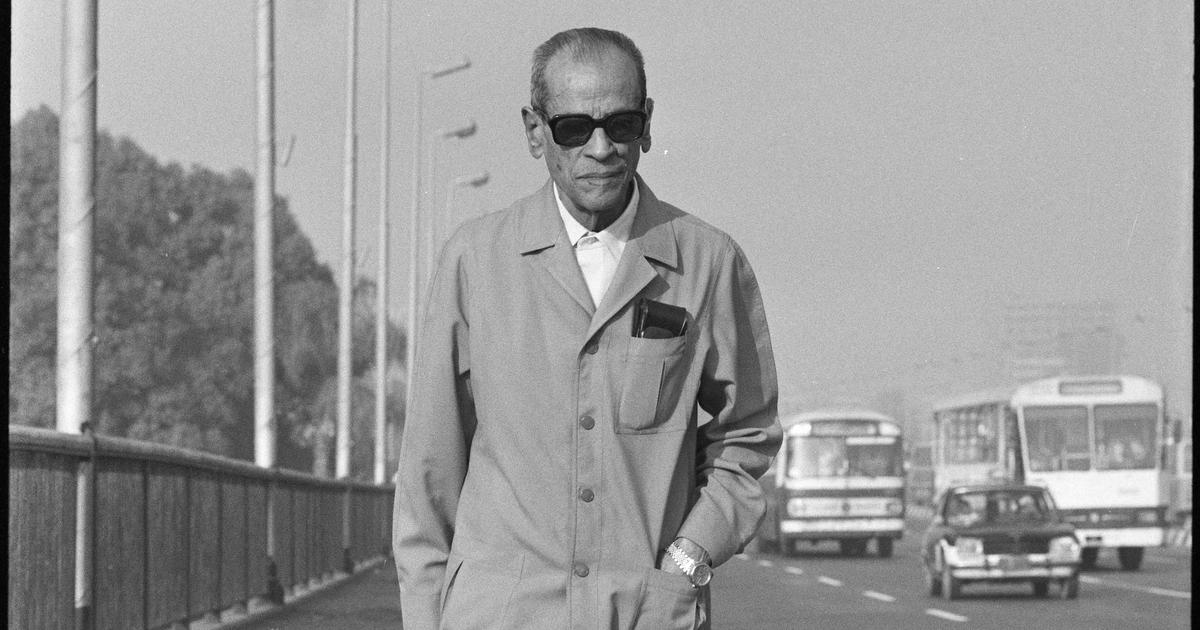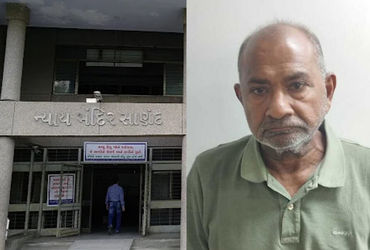‘I Found Myself’: Egyptian Nobel laureate Naguib Mahfouz dreams of political freedom and anxieties

Join our WhatsApp Community to receive travel deals, free stays, and special offers!
- Join Now -
Join our WhatsApp Community to receive travel deals, free stays, and special offers!
- Join Now -

Naguib Mahfouz (1911–2006) was an Egyptian novelist, short-story writer and screenwriter. He spent his entire life in Cairo, the setting for almost all his fiction. He is best known for The Cairo Trilogy – Palace Walk (1956), Palace of Desire (1957) and Sugar Street (1957) – which follows succeeding generations of a Cairene family, the Abd al-Jawads, from the First World War until the Egyptian revolution of 1952. In 1988, Mahfouz became the first, and so far, the only Arab writer to be awarded the Nobel Prize in Literature.
In 1994, when he was 82, Mahfouz was attacked in Cairo: an Islamic extremist, apparently acting on a religious edict related to Mahfouz’s controversial 1959 novel Children of Gebelawi, stabbed him in the neck. After this assassination attempt, which left him with permanent nerve damage, Mahfouz was unable to write for extended periods, and his freedom to roam Cairo was much restricted by concerns for his safety. But he could still wander the city in his dreams, and he could still write down those dreams, capturing them in a few swift strokes: he published them in a series of vignettes in the Egyptian magazine, Nisf al-Dunya, and in two books, the second published posthumously.
Now, at last, this second volume has been...
Read more
What's Your Reaction?
 Like
0
Like
0
 Dislike
0
Dislike
0
 Love
0
Love
0
 Funny
0
Funny
0
 Angry
0
Angry
0
 Sad
0
Sad
0
 Wow
0
Wow
0























































